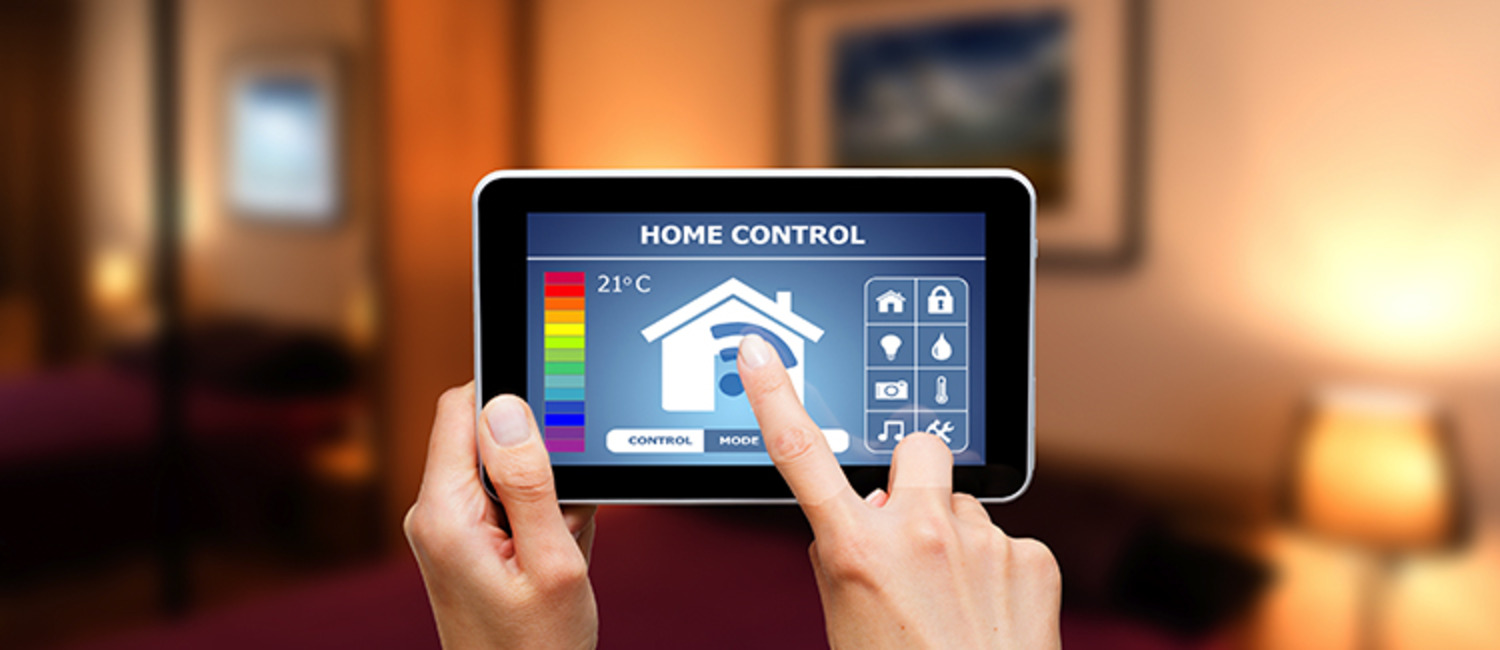
What House Sitters Should Do If the Home Alarm Goes Off
Having things go smoothly without issue is the goal for all house sitters. You arrive, take care of the home and have happy homeowners when they get back from their time away. Easy, right? Not so fast.
Things don’t always go as planned. And, sometimes, things happen even with your best effort to prevent them. One that can be the bane of your existence as a house sitter is the house alarm. They all seem to be different, have different rules, and depending on the home, may have a number of different codes to enter. Even if you have all the information you need, they can still be finicky and seemingly have a mind of their own.
Always make sure you have the house alarm code and information before the homeowners depart for their trip. As we have previously stated in 7 Things You Need to Know About Every House Sitting Job:
“This is one of the most important things to have (and potentially embarrassing if you don’t). The last thing you want to happen as a house sitter is setting off the alarm and not having the code or knowing how to override the system. Remember, there may be alarms for other areas than just the front door. Make sure you have all alarm codes for the property.”
Having the code and any specific instructions from the homeowner will help you be prepared to deal with the alarm if it does, in fact, go off.
Know the Causes of False Alarms
False alarms are one of the most common reasons for home alarms going off. In fact, 95% of police responses to security system alarms were a result of false alarms, and more than 80% of false alarms are a result of user error. Therefore, it’s important to be aware of all the situations where the alarm could go off and how to address them.
The most obvious and common is when entering and exiting the house. Many house sitters, unfamiliar with the alarm system, make a mistake when arming or disarming the alarm, causing it to go off.
Even though you know all the potential situations where an alarm can go off, it is still a scary feeling when it does. But, before you panic and call the police because you think there is a burglar in the house, it’s important to also know the causes of false alarms:
Improper arming and disarming
Entering the wrong code, or allowing for too much time to pass before entering the code.
Lack of training
All too often, homeowners don’t spend enough time with house sitters when teaching them how to use their alarm system. If you are not sure how to use the system, make sure you ask the homeowner for a tutorial.
Power issues
Power outages or a low battery in the alarm can cause it to go off. Make sure you know how to reset the system if the power goes out and know where the backup battery is kept.
Pets
It common for pets to trigger one of the alarm sensors and set off the alarm. If you are house sitting and watching pets, make sure the indoor motion sensors are turned off.
Not securing windows and doors
Failure to fully close a window or door before arming the alarm can cause it to go off or at best just prevent it from turning on.
Don’t Panic - What to Do If the House Alarm Goes Off
There is no doubt that a home alarm going off can catch you off guard and be a stressful situation, especially when you are caring for someone else’s home. If the alarm goes off, here are some steps to follow to handle the situation:
1. Don’t panic
Home alarms go off all the time, and in most cases, they are false alarms.
2. Assess the situation
If the alarm goes off, run through a mental checklist of the potential reason for a false alarm. What time is it? Did you just open/close a door or window? Did you recently arm the alarm? Did the power go out? Do you hear any strange noises in the house?
3. Get the alarm code information
After your assessment, if you have determined it was a false alarm or possibly an error on your part, reset the alarm. After the alarm has been set off, even if you enter the code to reset the system typically the alarm company will call the home. Make sure you know the homeowners secret verbal password. You’ll need to provide it to the home security company so they know they don’t need to send police or security.
4. Call the police if it’s an emergency
If you have determined that there may be someone in the house, call the police and sit tight. Contact the homeowners immediately once it is safe to discuss the situation.
5. Contact the homeowner if the issue persists
If you are continuously having issues with the home alarm, contact the homeowners. They will be able to provide you with a solution.
Conclusion
No house sitter wants to be house sitting when the alarm goes off. It can be a stressful, embarrassing, and even scary if you suspect someone was trying to enter the home. The key to handling alarm issues is to be prepared, have the information you need and familiarize yourself with the alarm before the homeowner departs on their trip.
Find House Sitting Jobs in the USA & Canada
Looking for a housesitting job?
- Start your house sitter job search today!
Related Content